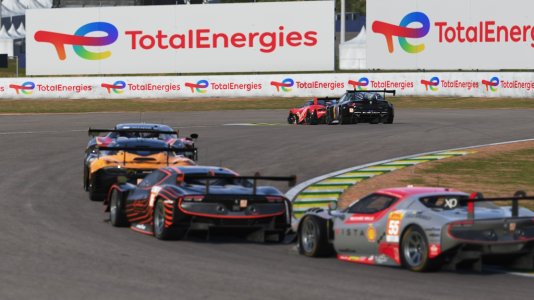From the info we have to this day, 14900K will be a very small upgrade from 13900K. Same amount of p-cores, same amount of e-cores, same amount of L3 cache. It's just a little higher clocks. so it'll probably just be like 4-8 % faster than a 13900K. Nothing really.
Most recent info indicates the 14700K will receive 4 more e-cores giving it a total of 12 e-cores instead of the 13700K's 8 e-cores. This will probably only matter in highly multi-threaded CPU benchmarks and some production software that takes advantage of tons of CPU threads. Having 20 cores instead of 16, not to mention those 4 extra cores being e-cores, will almost certainly have no real-world effect in 99.9% of games.
Some recent info indicates the 14600K will receive 2 more p-cores giving it a total of 8 p-cores instead of the 13600K's 6 p-cores. This can definitely have a real-world effect in games.
It still seems like the "true" 14th gen - Meteor Lake - will be skipped for desktop. This can change and hasn't been confirmed but this is what all the rumors, leaks, etc. are still indicating. That means that the next upgrade for desktop - after Raptor Lake Refresh - will be the much anticipated Arrow Lake. Arrow Lake is expected to make massive gains over Alder Lake & Raptor Lake. Even if Meteor Lake did/does come out for desktop, Arrow Lake is what most people were anticipating as it, not Meteor Lake, is supposed to be Intel's next real "big hitter".
Rumors indicate an Intel chip I'm personally really excited about. It's sadly rumored to not be available for a few years (2026-2027). It's called Beast Lake. It's supposed to be a very gaming-focused CPU. It's supposed to have very little to no e-cores and very little to no p-cores. Instead, it's supposed to mostly or only consist "extra large" p-cores (at least 8, maybe 10 or 12). The focus will be on way less cores but, the cores that are there, will be insanely powerful and clocked insanely high - not to mention, probably more L3 cache/core too.

 www.custompc.com
www.custompc.com













